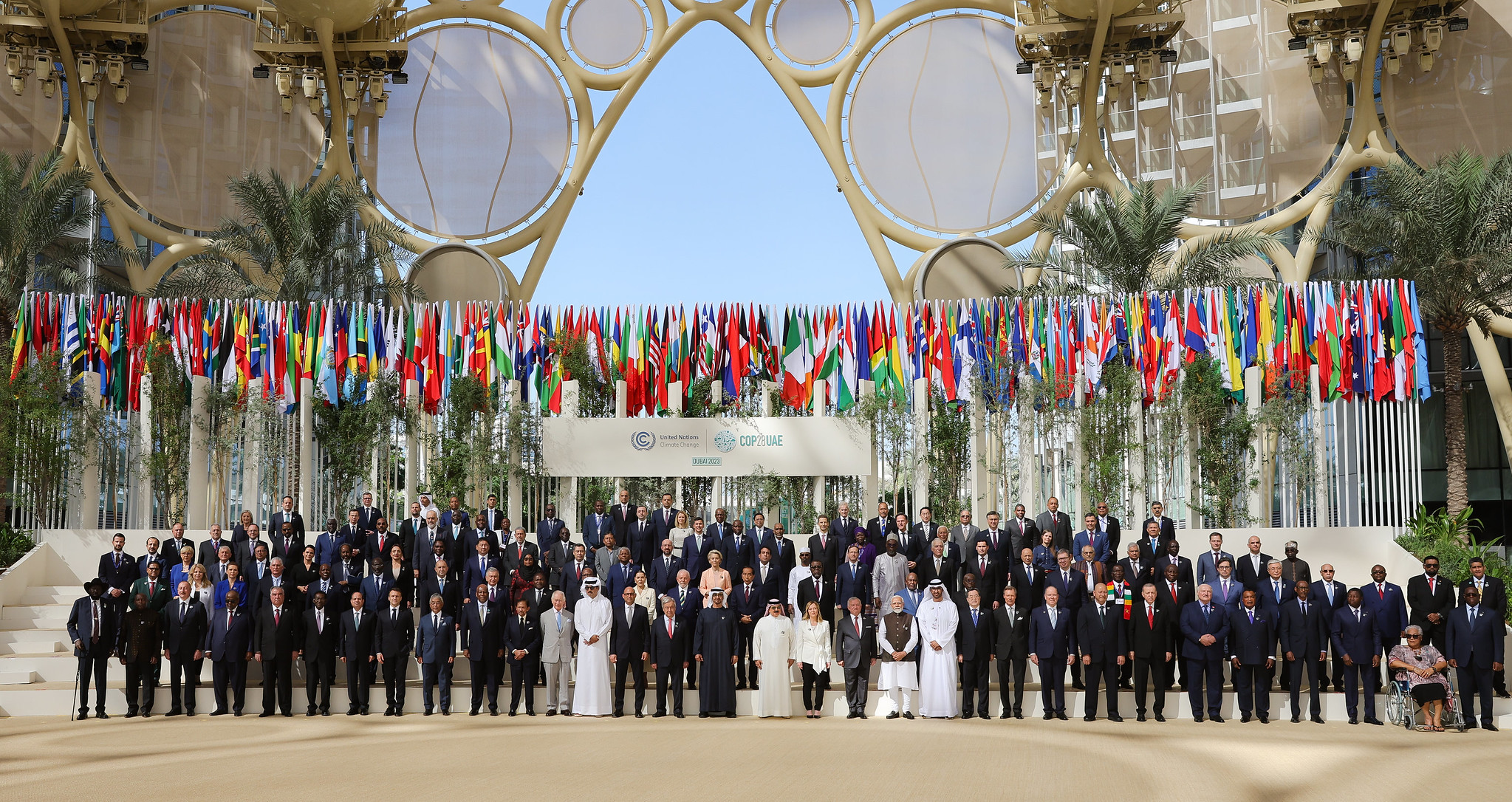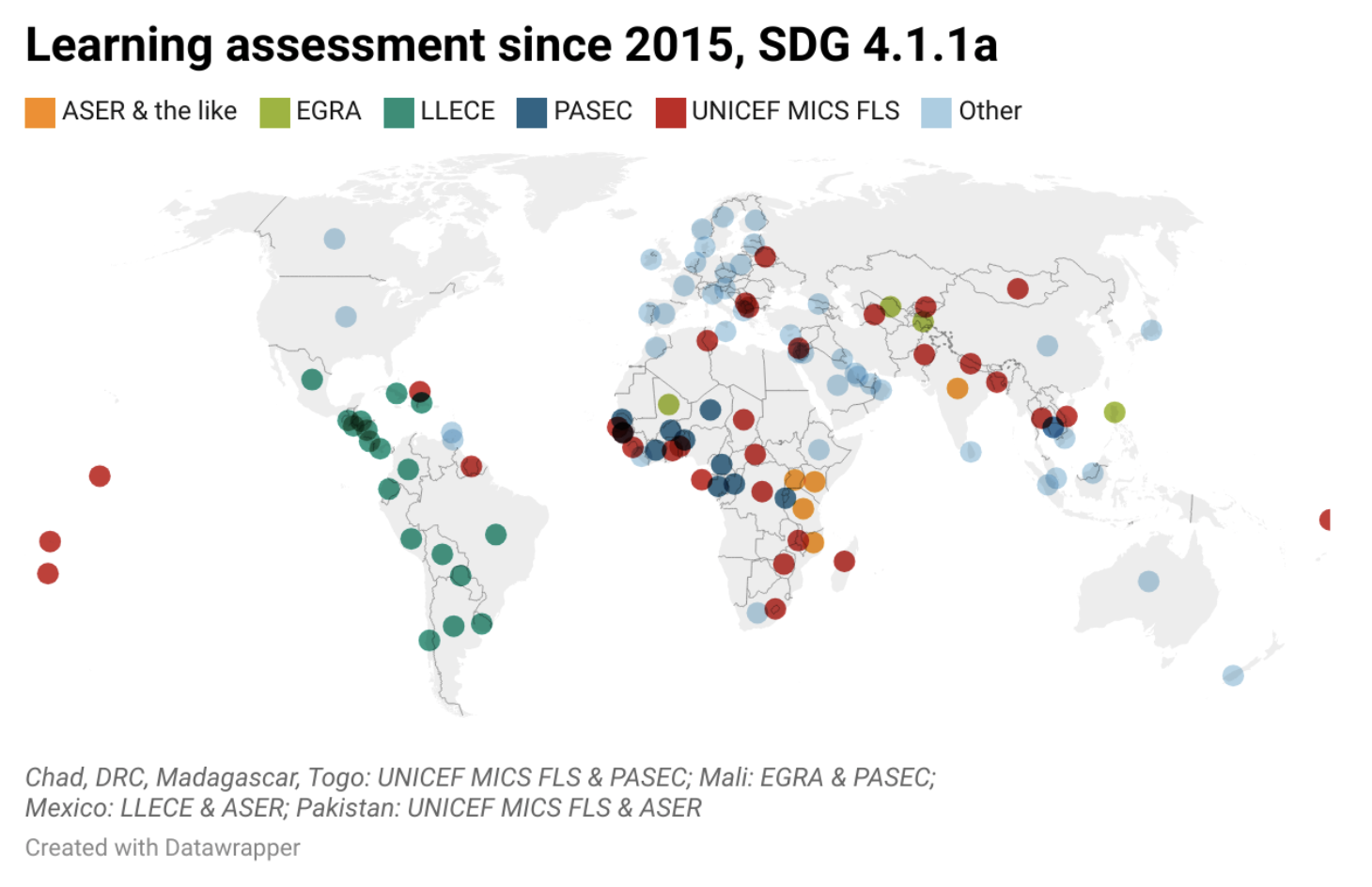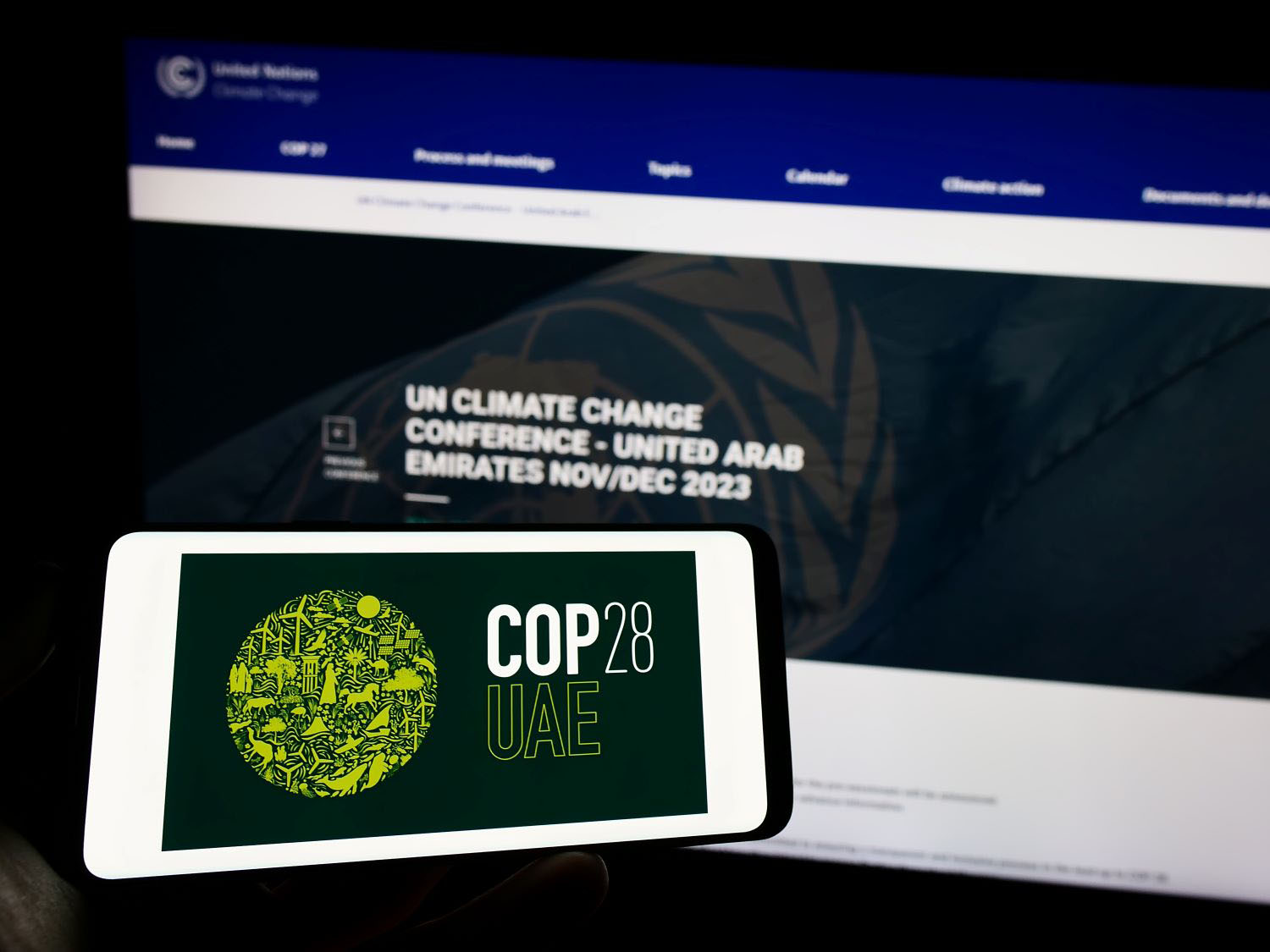This is a joint post with Wren Elhai, and first appeared on Foreign Policy's AfPak Channel."Heart-wrenching," said U.N. Secretary General Ban Ki-Moon Sunday upon surveying Pakistan's ongoing floods. The U.N. chief called the floods "the worst natural disaster" he said he had ever seen. The numbers explain why. More people have been affected by Pakistan's catastrophic floods than any other natural disaster on record -- over 20 million and counting. That's more than were affected by the 2005 Pakistan earthquake, the 2004 Asian tsunami, and this year's earthquake in Haiti combined. As millions of dislocated Pakistanis search for shelter and food and as health conditions deteriorate and disease spreads, the need for an immediate, large-scale humanitarian response is urgent. And this is just the beginning. Once the floodwaters subside from Pakistan's swollen rivers, the task of rebuilding will be staggering - with a price tag in the billions, and lasting for years to come. The effectiveness of the response to these relief and rebuilding challenges will have serious implications for the wellbeing of the country's citizens, for the peace and stability of Pakistan and the entire South Asian region, and for U.S. national security.Despite the enormous scale of the disaster, not enough help for Pakistan's flood victims is on the way. The government of Pakistan, completely overwhelmed by the disaster, has been widely criticized for its woefully inadequate relief operations. Meanwhile, the response from the international community has been stunningly anemic. Donors' pledged commitments amount to less than half of the U.N.'s urgent appeal for $459 million in humanitarian relief. In contrast, more than $1 billion was pledged for the Haiti earthquake in the first few weeks after the quake.Given its national security and foreign policy interests in the region, the United States has the greatest stake in Pakistan's success, and is responding to the floods with the largest commitment of any donor. But the United States can and should do more. President Obama instructed his administration to "lean forward" to support Pakistan. The United States should do more than lean; it should lead the international community with a majority stake in Pakistan's relief and recovery. So far, the U.S. has pledged just $90 million for immediate humanitarian relief. These pledges have come in bits and pieces-$10 million dollars here, another $30 million there, a shipment of emergency bridges there. There is no doubt that this funding has provided relief to thousands of displaced Pakistani citizens. But the total amount is a paltry sum compared to the needs in Pakistan, amounts pledged for other (less catastrophic) disasters, and what's at stake for the U.S.-Pakistan relations. (For another comparison:$90 million is about what pop singer Madonna paid last year in a divorce settlement with her ex-husband Guy Ritchie.) This modest response to such massive destruction is unlikely to convince Pakistanis that the United States is standing shoulder to shoulder with them in the face of an unprecedented disaster.What would a majority stake commitment cost? If the United States were to commit to funding half of the U.N.'s appeal for immediate humanitarian relief, the bill would be just under $230 million dollars -- less than one sixth of the $1.5 billion in economic assistance to Pakistan the U.S. has already committed for this year alone. To avoid trade-offs between immediate humanitarian needs and the enormous reconstruction and rebuilding needs over the medium to long term, this $230 million commitment for immediate relief should be supplementary funding, above and beyond the $1.5 billion already committed for Pakistan's long-term development. Beyond the relief efforts, the United States, like the World Bank, should commit to reprogram at least half ($750 million) in already committed aid to projects directly related to long-term recovery and reconstruction from flood damage.Why would such a large commitment be in the U.S. interest? First, because an effective, large-scale humanitarian response could help demonstrate U.S. goodwill to the Pakistan public. In the aftermath of the 2005 earthquake in Pakistan, when the United States responded swiftly with Chinook helicopters and millions of dollars in relief supplies, Pakistani public opinion toward the United States showed significant improvement, if only briefly. On the flip side, anything short of a swift, large-scale U.S. response runs the risk of feeding into the narrative in Pakistan that U.S. aid is slow to arrive and does not benefit the country's people. A recent Pew poll found that 16 percent of Pakistanis don't believe the United States is giving any aid at all, while another 33 percent thinks the United States gives only a little or hardly any aid. If that $1.5 billion per year commitment cannot be mobilized to bring relief to the millions now in need, Pakistanis might well wonder, then what is it for?A decisive response would not be simply a public relations gambit. All the reasons the United States had for tripling development assistance to Pakistan through the Kerry-Lugar-Berman bill are now magnified ten-fold, including buttressing Pakistan's civilian government, improving Pakistan public opinion, enhancing stability, and mitigating Pakistan's extremist threat. Today, the floods are eroding public confidence in Pakistan's civilian government, providing an opening for extremist groups, and building an ever-increasing cohort of disaffected citizens. In the Swat valley, many of the families who are now displaced by floodwaters were only last year displaced by fighting between the Pakistani military and the Taliban. Economic assistance was meant to demonstrate to these people that their government is a better partner than the Taliban or other Islamist groups. Those plans are now in jeopardy.There are few countries in the world that matter more to the security of the United States than Pakistan, and few moments when so many compelling interests -- moral, security, strategic, and humanitarian -- point as clearly to the need for decisive action and bold U.S. leadership. An announcement by Secretary Clinton, perhaps at the U.N. conference for Pakistan relief that is scheduled to be held later this week, that the United States will take a majority stake in Pakistan's immediate humanitarian response would be a powerful signal of this leadership. And, we hope, such an announcement would be a first step in a long-term investment not only in Pakistan's peaceful and stable recovery but also in Americans' safety at home.
Disclaimer
CGD blog posts reflect the views of the authors, drawing on prior research and experience in their areas of expertise. CGD is a nonpartisan, independent organization and does not take institutional positions.





